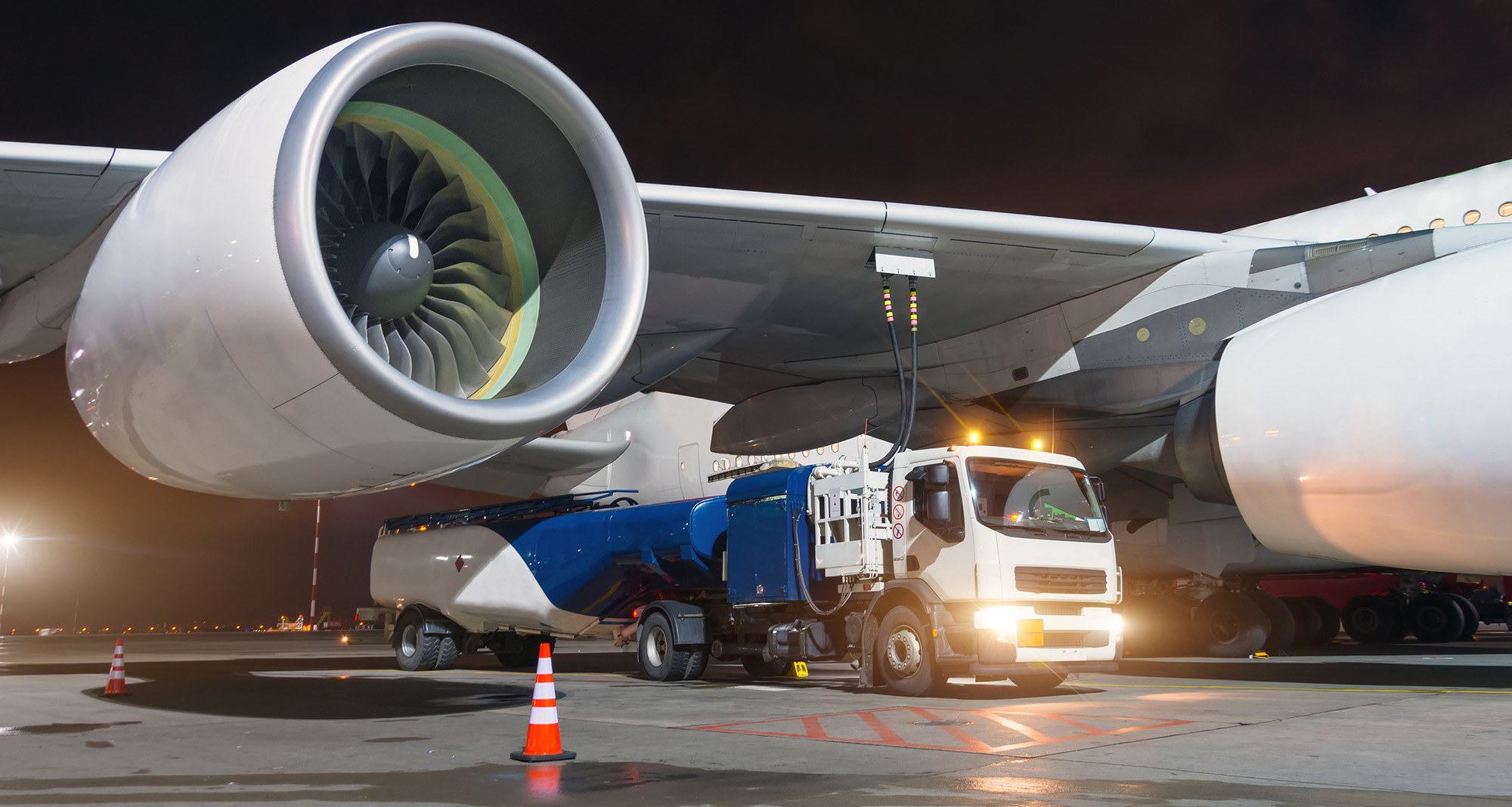Airports Company South Africa (Acsa) has announced in a statement that Cape Town International Airport is experiencing further delays in receiving jet fuel due to slowed delivery times from its supplier.
Rough seas are delaying the transportation of the fuel via sea vessels, Acsa said. An insider told Daily Maverick that the vessel is expected to dock tonight with the fuel being available for use by Wednesday after transporting it to the airport and some routine testing, stabilising fuel supply by Thursday.
Mark Mclean, regional general manager at Cape Town International Airport told Daily Maverick that current jet fuel being used was left over from the last shipment and was being rationed to sustain the airport supply until the shipment arrives. Earlier this week, the Cape Town airport had also received about two million litres of emergency jet fuel supply to sustain the airport as it awaits the vessel’s arrival.
“[The jet fuel] is only expected to arrive within the next two days and then [we will] start delivering the fuel to the airport. We’re expecting that within the next day or two – maximum three days – we should get deliveries resumed to the airport… in the meantime we’re conserving our remaining fuel stocks,” Mclean said.
In an effort to preserve jet fuel stocks, Acsa has had to introduce further restrictions to ensure longevity of what fuel supply it has left until new stocks arrive – which were due on 25 September.
The shortage is yet to affect domestic flights, but US carrier United Airlines has cancelled inbound and outbound flights as a result of the lower jet fuel supply.
“Acsa will continue to work with airlines to limit impact on flight operations which includes reducing passenger loads; however, based on the current risk assessment reports, airlines have been requested to conduct technical stops to uplift fuel at alternative airports,” the company said.
State-owned enterprise Acsa manages nine of the country’s biggest airports, including Cape Town, OR Tambo and King Shaka International Airports. The entity is not responsible for procuring fuel for airlines as the carriers do this themselves. Acsa does, however, facilitate the procurement process for airlines and provides storage facilities, owned by Acsa, for the jet fuel.
As of yet, scheduled flights from the Cape Town airport are not impacted but passengers have been encouraged to monitor their flights, with partner airlines being called to ensure passengers are updated with the latest developments on flight schedules.
“We’re working to minimise operational disruption,” said Mclean. The manager added that the airport has encouraged airlines to limit refuelling from Cape Town so that the airport could conserve stocks and not run dry.
Airlines Association of Southern Africa (AASA) said that the shortage of fuel puts into perspective South Africa’s vulnerability, owed to reliance on imported jet fuel. The association also called on the government and fuel suppliers to urgently map out a resilience plan to ensure sufficient jet fuel.
AASA has requested that the government waive the air navigation and airport fees that airlines will incur as a result of refuelling at alternative airports. Mclean said that other airlines will fill up at their departure airport with enough fuel, or will fly via other airports en route to fill up, to avoid straining Cape Town reserves.
Mclean has encouraged those flying internationally to come to the airport earlier, as planes could be making refuel pit stops at OR Tambo International Airport in Johannesburg, making for longer flying times.
Between March and May, OR Tambo was short of fuel as a result of the KwaZulu-Natal floods that damaged railways, impacting the movement of fuel from KZN to Gauteng via Transnet. This resulted in the cancellation of 14 flights at the time.
Read in Daily Maverick: Acsa puts emergency measures in place to maintain jet fuel supply at OR Tambo
“We’re stretching [jet fuel stocks] until the vessel arrives. We have a quantity of fuel but it’s difficult to say in days (how long the jet fuel will last) because as we progress, we are putting stricter limits on the airlines… as every day passes, we just reduce the limits. For example, if we gave an airline an allocation of fuel yesterday, we’ll give them half today and maybe 25% the next day. The restrictions become more severe as fuel stocks decline,” Mclean said. DM
Business Maverick
Flight suspensions loom as Cape Town Airport faces jet fuel shortage





